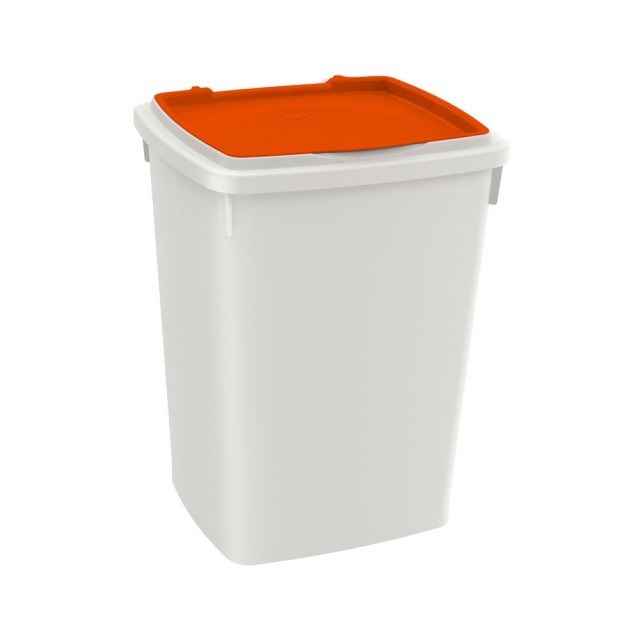


The feeling of being ashamed of the weight gain can, paradoxically, be the driving force in some to want to gain more weight. Curiously enough, the thought about becoming a feedee can in some cases be triggered by getting negative attention because of a weight gain. Other frequent explanations are those who gain the Freshman Fifteen and like it a lot, or women who get pregnant and love to see their bellies grow. Accidental weight gain: Some of the stories that repeatedly occur are about persons who have kept their weight but suddenly gain weight on a holiday or due to a broken leg that has to be kept fixed, and against all expectations, they actually like what they see in the mirror.Also here, there can be many different preludes to finally becoming a feedee. Those who just suddenly realize they want to be feedees.Luckily, they’re very very rare in the real world, but because they’re the ones who have the best sensation value, those are the ones who are being used to paint the picture of feedees and feeder/feedee relationships.

The manipulated and brainwashed ones: Then finally, for the sake of truth, there’s a very little group – which sadly is the darling of the media: People who by their partner or even their own parents have been manipulated/brainwashed or even threatened into being feedees, and who therefore haven’t really had any choice at all.The abandoned and abused ones: It can be people who in their childhood have experienced abandon or even abuse.Children of feeders and feedees: Children of parents who have a feeder/feedee relationship and who have seen that they enjoyed their relationship – and who therefore want a relationship like that themselves.It can also be children of parents with food related jobs who therefore spent their childhood surrounded by food (e.g. Being surrounded with food in childhood: Or the opposite: Children of parents who are afraid of their child becoming too skinny and who therefore are very focused on giving it enough food.Food deprivation in childhood: People who in their childhood have had parents or other close relatives who had a very strained relationship with food, either by having eating disorders themselves or a morbid fear that their child would grow too fat, hence denying it many kinds of food – which then later in the life of the child might backfire.This group is so wide and endlessly varied that it’s really hard to describe it but I’ll try to describe some of the subcategories: Those who because of certain circumstances in their lives become feedees.This group of feedees is surprisingly big: People who simply can’t give any other explanation than “I simply am feeling that way, and I don’t remember it ever being different. They’re typically fascinated by the fat aunt or uncle in the family, looking up to them and admiring them. Often, the born feedees stuff pillows under their clothes as kids and imagine being fat while admiring themselves in the mirror. Those who are simply born feedees – who don’t remember any time in their lives where they weren’t fascinated by food and fat.Feedees can roughly be separated into three groups: Well, technically seen, everyone who likes it can be a feedee, but let’s have a closer look. Some would say that the latter could be called a variant of megarexia (google it), which in some cases might be true. There exist a couple of closely related terms: Foodees and gainers that I’ll explain in another article, but put in short they’re simply, in that order, people who enjoy food so much that they don’t care much about their weight, and people who enjoy or are turned on by watching their bodies grow. Often, but not always, they are as well feeling a (sexual) satisfaction and/or excitement by watching their bodies grow as a result of all the food they’re eating. The short description of a feedee is a man or a woman who is feeling turned on by or at least likes very much to eat and typically being fed, too – and often, but not always, the more, the merrier. So let’s have a look at what and who a feedee actually is instead of just letting do with the picture we’re getting from the media – which, to put it mildly, lacks a few nuances. The word “feedee” is occurring in the media now and then and only very rarely it’s mentioned in connection with anything good.


 0 kommentar(er)
0 kommentar(er)
